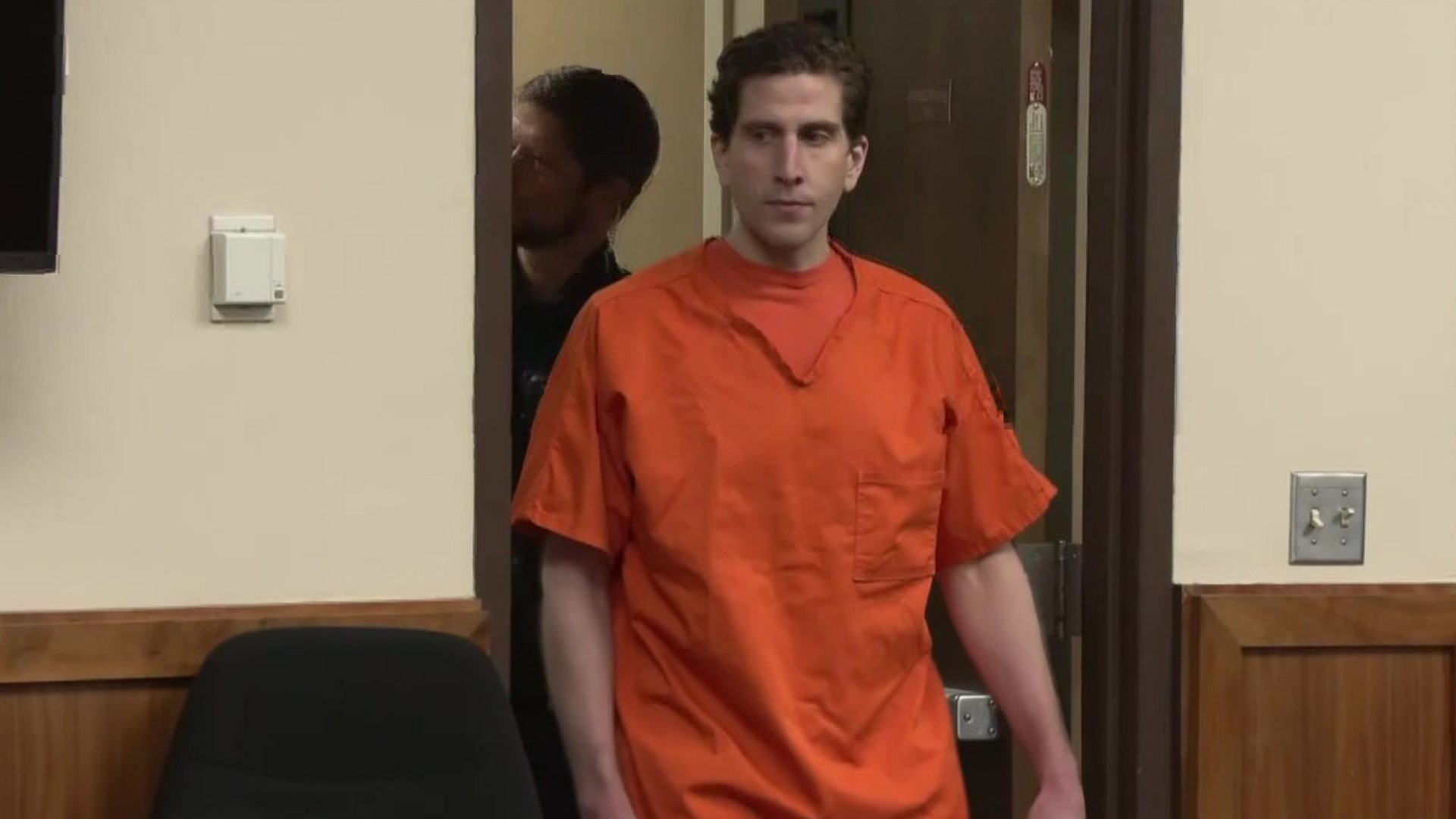LATAH COUNTY, Idaho — Newswatch 16 spoke with criminal defense attorney Brett Riegel in Stroudsburg. Riegel says there are three ways a defendant can answer their plea—by saying guilty, not guilty, or not saying anything at all.
And silence is exactly what we got from Bryan Kohberger in court on Monday.
During his arraignment in Latah County district court in Idaho, a judge read Kohberger his rights and then outlined the five charges against him.
When asked how he pleads, Kohberger didn't respond, and his attorney told the judge they would be standing silent.
Riegel says, in his experience, usually the defendant or their attorney will answer how they plead.
"Most people would answer the question, or they'll have council answer it for them," Riegel said. "Remember, the burden is on the prosecution to prove it beyond a reasonable doubt, so if the defense says nothing, then it is treated as they said not guilty so that it could go on to the next step."
A judge entered not guilty pleas Monday for a man charged in the stabbing deaths of four University of Idaho students, setting the stage for a trial in which he could potentially face the death penalty.
The November 13, 2022, killings stunned the rural community of Moscow, Idaho, and prompted many students to leave campus early, switching to remote learning for the remainder of the semester.
Bryan Kohberger, 28, a Monroe County resident, was arrested late last year and charged with burglary and four counts of first-degree murder in connection with the slayings of Madison Mogen, Kaylee Goncalves, Xana Kernodle, and Ethan Chapin at a rental home near the University of Idaho campus.
Kohberger declined to enter pleas in Latah County District Court, with his defense attorney Anne Taylor telling the judge that they would "stand silent" at this time. In response, 2nd District Judge John Judge entered not guilty pleas on Kohberger's behalf.
It's uncommon but not unheard of for defendants to "stand silent" in criminal cases. Sometimes it is done because defendants and their attorneys feel they need more time to weigh the ramifications of entering a plea of guilty or not guilty; other times it can be part of a broader legal strategy or simply a defendant's personal choice.
Kohberger declined to waive his right to a speedy trial, so the judge scheduled it to begin on October 2. It's still possible that the trial, expected to last six weeks, could be delayed or moved to a different location.
"There is a speedy trial right, and normally that means they have to get him to trial in six months. So that's why they're scheduling that. Now what will probably happen they've got under Idaho law, I did look this up, they've got a 60-day window to decide if they're going to seek the death penalty or not. So, if they seek the death penalty, then the likelihood of an October trial pretty much goes out the window," Riegel said.
Kohberger was a graduate student studying criminology at nearby Washington State University when the University of Idaho students were killed, but prosecutors have not released any information about how they believe he may have chosen the victims or whether he had met any of them previously.
Police released few details about the investigation until after Kohberger was arrested at his parents' home in eastern Pennsylvania early December 30, 2022. Court documents detailed how police pieced together DNA evidence, cellphone data, and surveillance video that they say links Kohberger to the slayings.
Investigators said traces of DNA found on a knife sheath inside the home where the students were killed match Kohberger and that a cellphone belonging to Kohberger was near the victims' home on a dozen occasions prior to the killings. A white sedan allegedly matching one owned by Kohberger was caught on surveillance footage repeatedly cruising past the rental home around the time of the killings.
Kernodle, Chapin, Mogen, and Goncalves were friends and members of the university's Greek system, and the three women lived together in the rental home just across the street from campus. Chapin — Kernodle's boyfriend — was there visiting on the night of the attack.
Latah County Prosecutor Bill Thompson now has 60 days to inform the court whether he will seek the death penalty in the case.
Get more on the case on WNEP's YouTube channel.

